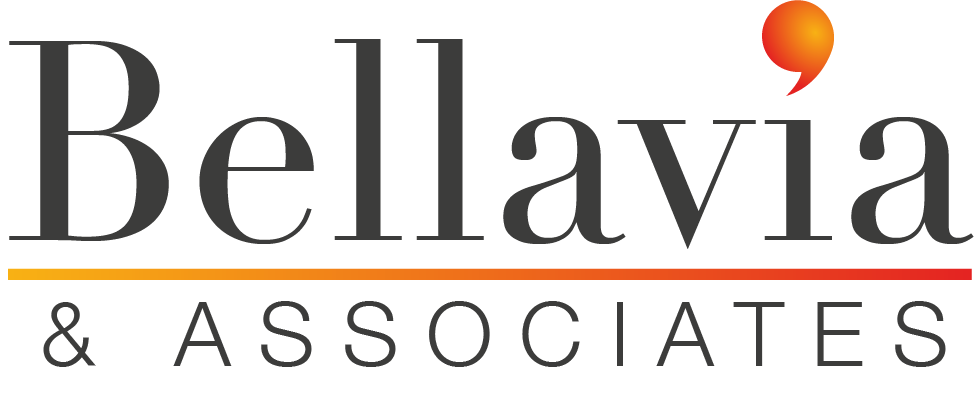Video-witnessed Wills to be made legal: How we stayed ahead of the game
We have written several times during lockdown about the issues surrounding the witnessing of Wills during the Covid-19 lockdown.
How to ensure Wills are properly written and witnessed in a time of pandemic has provided many solicitors with a conundrum.
The law in England and Wales was clear and had been in force since 1837. A Will was only valid if it has been signed in the physical presence of at least two witnesses. But how can then be achieved under lockdown regulations or if people are self-isolating or shielding?
At Bellavia & Associates, we took the view early in lockdown that technology was the answer in order to continue to work as normally as possible and provide our usual top quality services to our clients.
The investments we had already made in technology meant we were able to deliver on the promises we made to our clients that we would be there for them as usual despite the worst crisis this nation has faced since the Second World War.
We were aware the UK government was consulting with the Law Commission and others over whether to bring in legislation allowing Wills to be witnessed via video link – and we made sure we were ahead of the game, ready for any changes to the law.
Our expert team was using video technology for remote execution of Wills as early as the first week in April. We made sure we had as much security in place as possible to provide peace of mind for our clients, and we had plans in place for physical witnessing as soon as lockdown and social distancing restrictions were lifted, should the law remained as it had since 1837. As one of our clients wrote to us recently: “I guess you were ahead of the game.”
On Saturday 25th July, the Justice Secretary Robert Buckland announced that Wills witnesses via video link will be deemed legal, providing the quality of the sound and video is sufficient to see and hear what is happening at the time.
New legislation will go before the House of Commons in September. Crucially, the changes maintain the vital safeguard of requiring two witnesses – protecting people against undue influence and fraud.
The new legislation will be backdated to January 31, 2020 – the date of the first confirmed coronavirus case in the UK – meaning Wills our clients had witnesses by video technology during lockdown will be legally accepted.
This eases the concerns of many in the legal profession who feared a wave of post-lockdown legal challenges to Wills witnessed in this way.
The change to the law may not be permanent. The video amendment will stay in place until January 31, 2022, or as long as deemed necessary by ministers. After that, Wills may return to needing to be made with witnesses who are physically present.
The government has emphasised the use of video technology should remain a last resort, and people must continue to arrange physical witnessing of wills where it is safe to do so. This does not necessarily mean witnesses have to be in the same room for signing.
The expert team at Bellavia & Associates are accredited by the Society of Trust and Estate Practitioners (STEP). STEP has already welcomed the legislation change, saying it hopes “the policy will continue to evolve and enable more people to execute a Will at this difficult time”.
It is a view with which we agree wholeheartedly. These are unprecedented times and unprecedented measures are needed to ensure as many ‘normal’ aspects of life and business can continue.
We recognised this early in the lockdown process, and we are pleased to see the government moving to make legal steps we had already taken to ensure peace of mind for our clients.
In uncertain times, you can be certain of Bellavia & Associates.
Zep Bellavia is Managing Director of Newport-based solicitors Bellavia & Associates.


